It goes without saying that the SEO Community is the most valuable asset that we have to determine how to do our jobs. In fact, aside from the few bones that Google throws us, almost everything we all know about SEO is due to people figuring something out and sharing it.
However I often imagine Google employees sitting on Android couches or racing their segways and giggling about how they’ve injected misinformation into our world and watched it bounce around until all believe it. They probably even a version of Ripples just to target the spread of misinformation (for the record this is hyperbole, I don’t want to see it in your next conference deck).
What I’ve noticed lately in my timeline is a lot of this misinformation. There’s a few things that I feel can be empirically proven otherwise so I felt it’s a good time to set the record a little closer to straight.
Shall we?
- Author Rank is Affecting Rankings Right Now

It was late 2011 and I had a lot of time to dive into patents and kick around new ideas on Twitter. I was one of the first people to postulate that Author Rank was coming (trust me, at this point I’m definitely not bragging). Simon Penson also made a strong case for it in his guest post on SEOGadget “Life After Link Trust” Then Bill Slawski went patent diving and brought the concept of AgentRank back to life. I say back to life because he talked about it in 2007 as well.
The unfortunate outcome however is that people are touting Author Rank as though it is something that is alive and affecting rankings right now. Granted Searchmetrics did a study last year showing 17% of SERPs are showing the rel-author tag, but [insert witty correlation is not causation one-liner here].
Naturally everyone is now citing the quote from Eric Schmidt’s “The New Digital Age.”
Within search results, information tied to verified online profiles will be ranked higher than content without such verification, which will result in most users naturally clicking on the top (verified) results. The true cost of remaining anonymous, then, might be irrelevance.
To be clear, I’m excited by that quote, in fact I’m looking forward to seeing this actually happen. I’m also telling my clients to make Google+ accounts and ensuring that they place for rel-author and rel-publisher on relevant pages.
However therein lies another point that needs to be addressed, Google has enlisted SEO companies as their influencers to push rel-author and Google+. I think we already know how good we are getting clients to implement something that doesn’t have some definitive value (Schema.org anyone?). I personally don’t see Social Media agencies pushing for rel-author, nor do I see Creative agencies pushing for it.
I asked Duane Forrester once if Bing would consider using Open Graph tags as their version of rel-author citing what I believed to be high adoption across the web. He explained to me that the adoption rate of Open Graph is nowhere near as high as I believe and that the validity of any signal is absolutely determined by how much of the web has adopted it.
Hmm…valid point Duane…valid point.
Fortunately, we can get a general sense of the adoption rate of rel-author across the web using underdog search engine Blekko. Blekko does a web-scale GREP to extract features from billions of websites. I’ve read that the sample size is of every web grep is based on their cache which as of September 15th, 2012 was 4 billion. In December of 2012 they did a web grep searching for URLs that had implemented rel-author.

Of the 4 billion pages they crawled they identified 222 million pages across nearly 1 million domains with rel-author. Just to save you the mental math, that’s about 5.6%. If only 5.6% pages have rel-author there’s not enough of a signal to base large scale web page classification.
In other words Author Rank is on the way, but it’s not likely that it’s rolled out widely as a ranking factor unless you’re in a news vertical where adoption appears to be quite high.
- A Change to Google’s Support Docs is their Admission that Negative SEO is Real
I don’t disagree with the statement that negative SEO is a real problem, but there are SEOs that believe that there is a doc on Google’s support site that was updated in May of 2012 that acts as their admission of negative SEO. According to those SEOs, this doc located at (https://support.google.com/webmasters/bin/answer.py?hl=en&answer=34449) once read “There’s nothing a competitor can do to harm your ranking” and in May of 2012 it was updated to say “Google works hard to prevent other webmasters from being able to harm your ranking or have your site removed from our index.”
Deep breath. Big sigh.
According the Wayback Machine that original text was actually never on the page in question when I went as far back as April 2, 2012:

In fact that copy that people say it has been changed to is located at https://support.google.com/webmasters/bin/answer.py?hl=en&answer=34444 where it has been since at least 2010:

I don’t know who made that story up, but people have accepted it site/sight unseen. Things that make you go hmm…
- Paid Links Are Easier to Get than Organic Links
This one used to get on my nerves the most when I first started at iAcquire. I continually extolled the virtues of Organic links only to be met by people that didn’t believe in their ability to drive rankings and many also believed it was more difficult to build links without padding people’s pockets.
Our shift from using paid linking as a tactic to solely building links organically left us with a ton of great data. Most importantly with that shift happening at the 6 month mark of 2012 we have 6 months of links built with Paid tactics to compare against 6 months of links build with Organic tactics.
And here it is…

What this histogram illustrates is the volume of Organic links we were able to build in one 6 month period vs. the volume of Paid links we were able to build in the previous 6 month period. The 0-6 series on the right is the MozRank of those links. This data proves not only is it possible to build more links Organically in the same time frame, but also more links of higher quality.
I spoke on this at length in my Quantifying Outreach 2012 webinar at SEMPO and we’ll be releasing the white paper soon.
Everybody Should Test Everything
What I used to find positively intimidating when I’d watch talks and read posts from old school SEOs is their tests and the data they’d share. I’d wonder to myself how did they come up with those ideas? I’d also be incredibly grateful to them for sharing their awesome secrets.
When I started speaking and sharing my own ideas in blog posts I wanted to contribute to the evolution of the groupthink. I wanted to open up the conversation and push more open source thinking often sharing my methodologies, code and tools so you can do it yourself and bring back your own insights. I’ve always felt that at the end of the day my results don’t matter, it’s about what the rest of the SEO community can replicate and add on to make the idea grow.
Is there anything you’d like to see us test and what have you heard in the echo chamber that you believe is blatantly untrue?


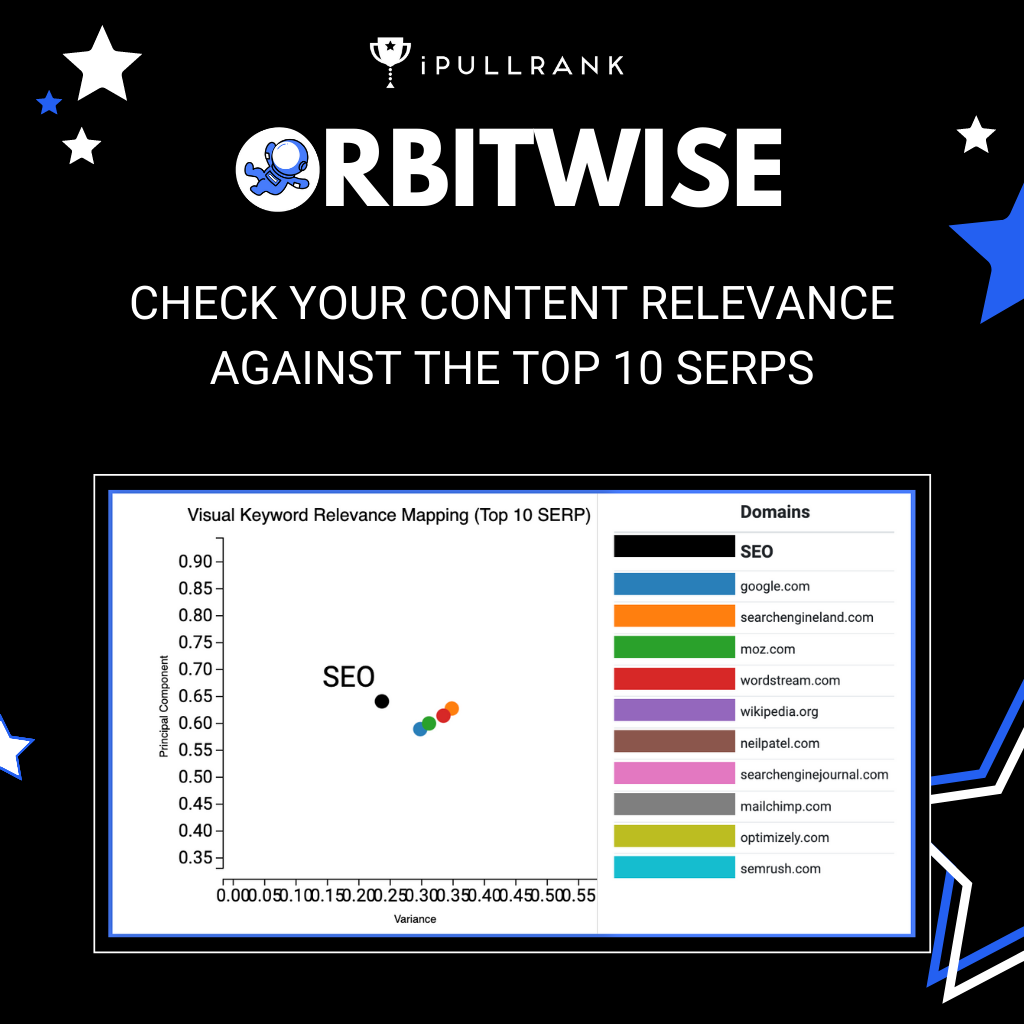
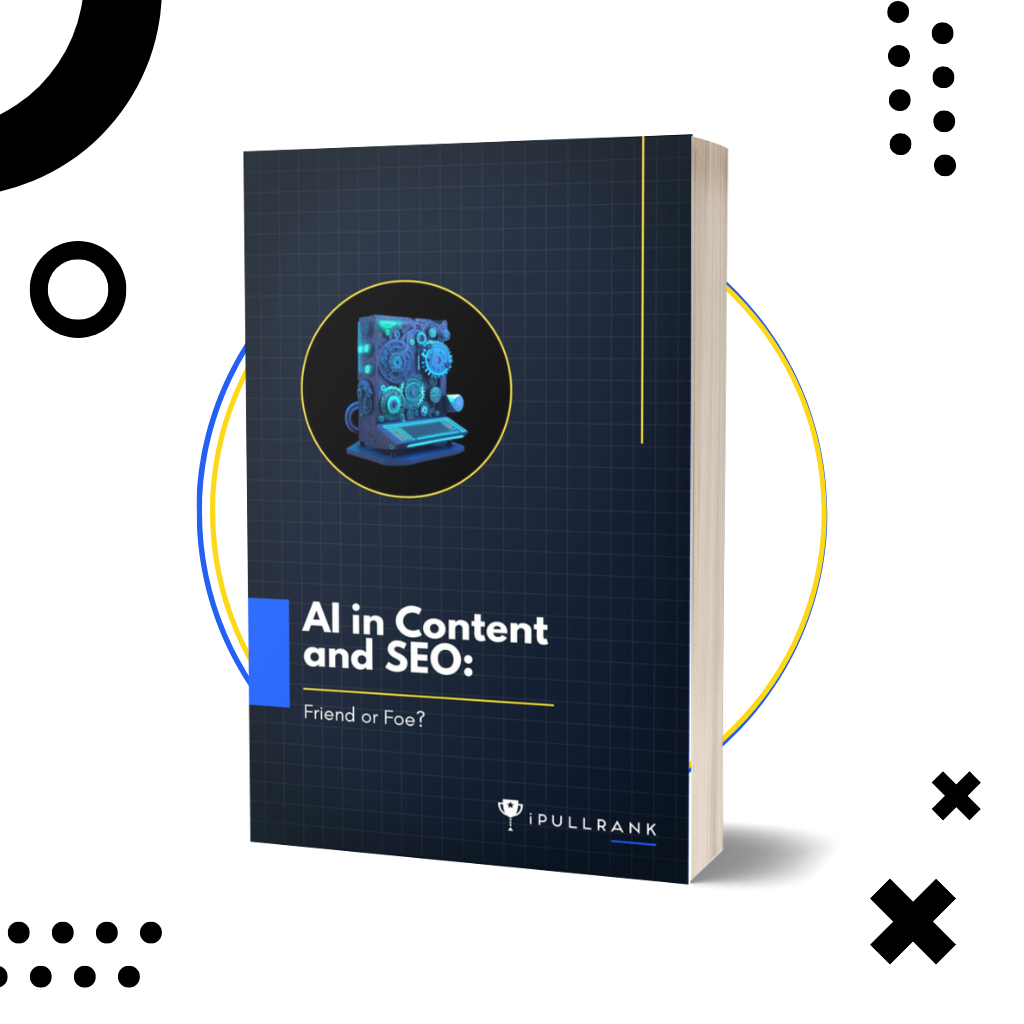
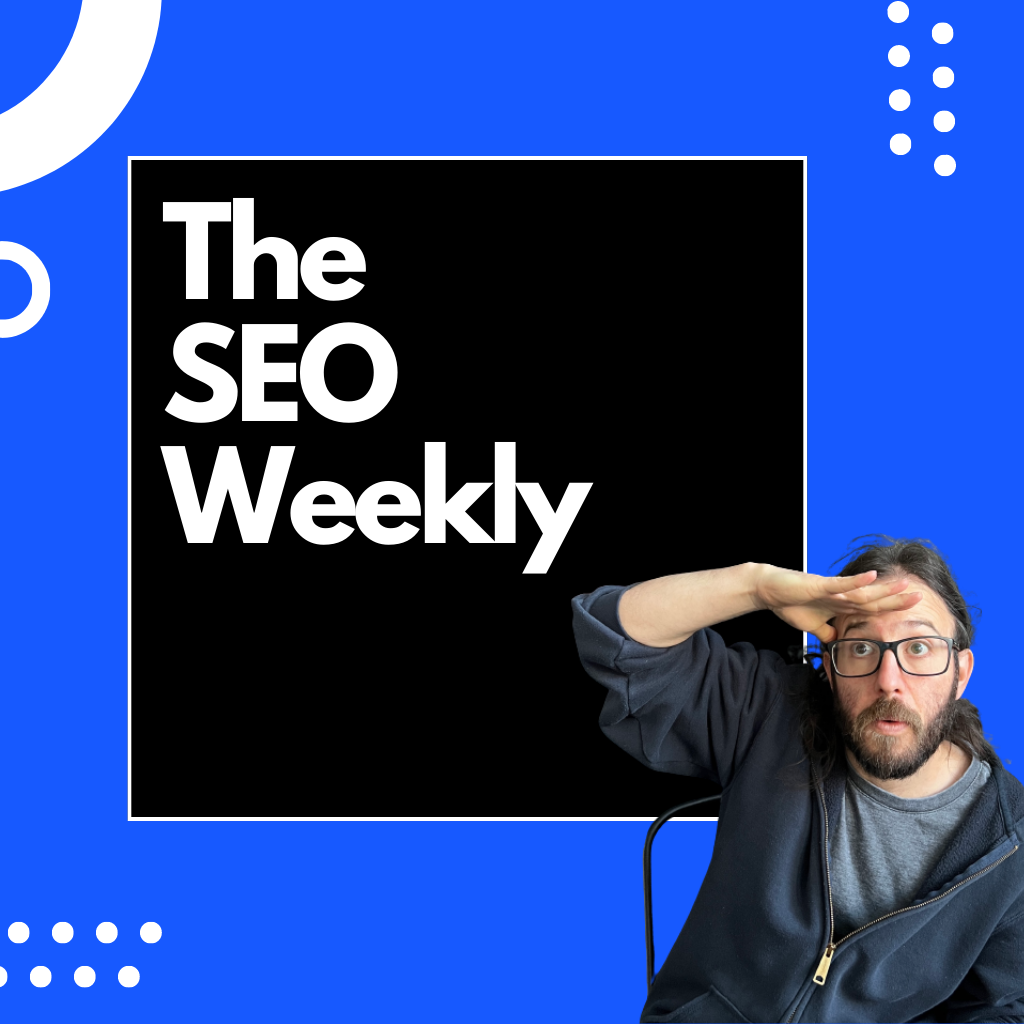

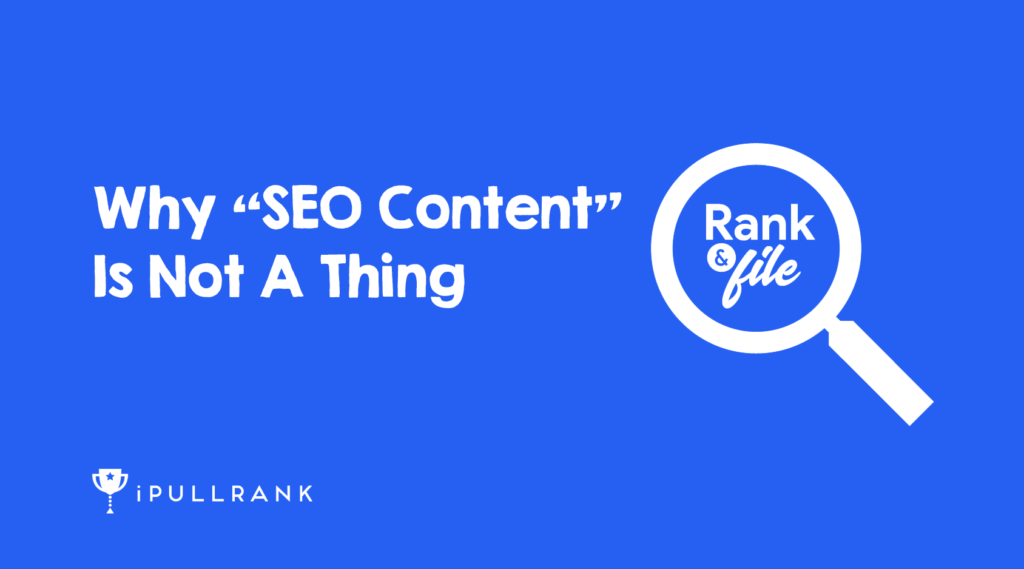
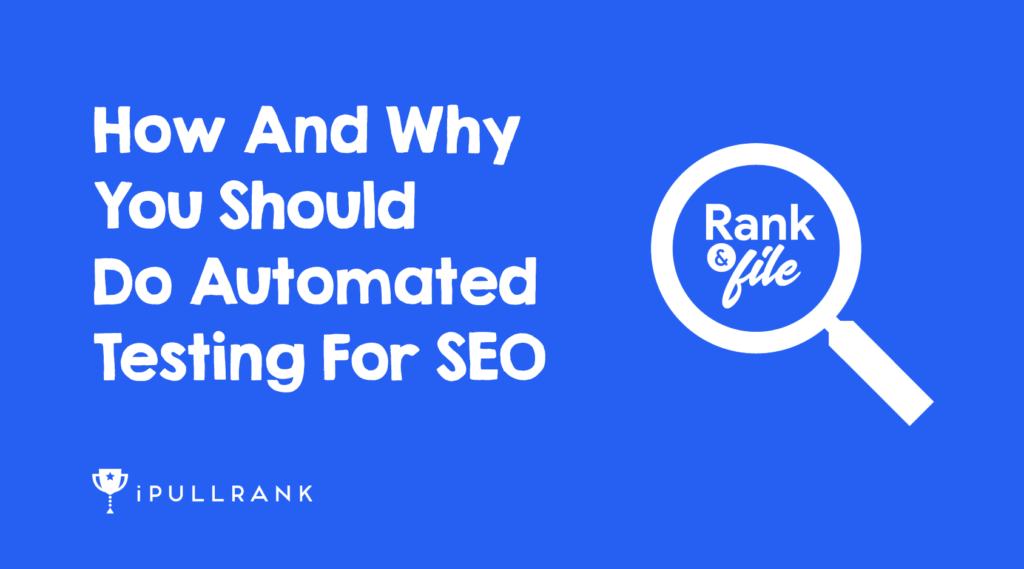


9 Comments
Excellent post Mike!
It seems in the past 12 months or so there has been a big increase in inaccurate information being pushed out in posts, and much of it based on people’s regurgitation of the “party line” from Google.
With the bulk of my time spent negotiating the link removal landscape at rmoov these days, I find this more troubling than ever before.
Too many people are writing posts for the sake of writing them, building (misplaced) authority and getting themselves noticed, but it seems the ethics of actually checking facts and giving people accurate information has gone out the window.
When the advice given could be the difference between getting a manual penalty revoked and continuing to flounder with an 85% loss of traffic, writing on a subject that the author knows full well they have no real knowledge of is more than irresponsible.
Once again, there are people in our industry who think it is OK to take short cuts…instead of working and building a reputation, they are hell-bent on manufacturing one by scraping up little morsels here and there, then regurgitating it all to get themselves noticed.
It pains me greatly to see post after post, (some published by highly regarded sites) perpetuating misinformation that has the potential to send businesses to the wall.
Marketers who know they do not have the recognition and authority of a Mike King, Rand Fishkin, Wil Reynolds, Aleyda Solis, Ian Lurie, Rhea Drysdale (and the list goes on) need to focus on what they actually know, do the testing, study the data and work for their authority as all of these people did.
It’s too sad that being an authority within our industry has become just the next thing for lazy people to game … and at the expense of readers who don’t know any better.
rant over 🙂
Sha
Mike, thanks for the great article. Completely agree about testing everything. All the notes I took at SearchLove basically resulted in “let’s see how we can test which ideas will work for us”. Learning & sharing in the industry is fantastic, but you can’t cheat on the math.
hmmmm.. (I always love when articles make me say that)… Interesting read Michael – and it shows you’re using critical thinking, that dangerous, elusive beast most people fail to implement regarding SEO. Not sure if there’s enough data out one way or another on real-author being a primary driver of rankings.
So far I’ve only got anecdotal signals indicating it is from others. And in my own data, even though I believe it shows that it’s doing so, I haven’t done isolated tests consistently yet to know with higher certainty. Yet I have seen what I believe to be “enough” of a pattern to have “high enough” confidence that at the very least, it’s playing some role in some rankings, even if those are that it entices more clicks which in turn reinforce rank earnings.
Don’t you love how I did that? Total circumspect maybe language. But that’s the thing – in this business it’s as much about “educated” guesses initially as it is about the down-the-road validation. So that’s why I continue to strongly advocate its use.
I agree with @alanbleiweiss:disqus – These are points that few talk about and land in a grey area, so many folks avoid certain SEO tactics even though they work and make more sense then widely accepted SEO practices.
mk, as a creative dude, you wouldn’t from a digital content perspective, tell your client to consider rel auth from a ‘billboard’ perspective to increase awareness/branding/click-through?
i champion testing, but providing anecdote as someone who does a lot of research on various topics for writing, the rel auth markup is quite noticeable across verts. also, depending on the market’s perception, the rel auth could seem more as a signal of authority/commitment, whether true or not, no?
I think the point that he was making was that it doesn’t affect rankings, but that you should use it anyway for the reasons you just pointed out.
It’s like Google gave you the option to click a checkbox that gave you a competitive advantage in CTR from the SERP. Of course you click it.
#2 made me laugh. I dont see it being “outed” enough. I look forward to the whitepaper you mentioned. Definitely something that interests me.
Signing up for iAcquiretests now 🙂
Thanks for writing this, Mike – many people need to read it (provided they’ll actually consider your arguments rather than skim through, filter for confirmation bias and move along).
I agree there are no indications of AuthorRank being a part of Google’s algorithm today, but do you think they’ll necessarily wait for a high level of saturation across the web before testing/implementing it as a factor? I guess I’m wondering why they wouldn’t simply roll it out as a positive signal sooner than later, as there would be little downside (provided they’re confident in their ability to combat/filter manipulation of encircled counts/reshares/etc).
Google and Bing publicly stated they were using Twitter data around a given user’s authority or popularity as a ranking signal for pages shared back in 2010. Have to wonder what portion of web users were using Twitter at that point. Maybe rel=author isn’t a perfect corollary to this, but couldn’t they simply utilize this as a positive ranking signal for pages shared by trusted identities without waiting for the rest of the web to adopt it? Probably pointless conjecture, but I’m excited to see AuthorRank become the reality as well.
If you have not tested a theory, how do you know its value or functionality?
Just blindly following others can lead you down the road of failure, and if you do not keep notes of your decisions, with the reasoning behind each major decision, then you will not be able to find the route back to success.
So like you say, test, test then test again before using any new tactic.
Once many thanx to ipullrank for a great post.
My personal thoughts on Author rank are that those who neglect to do this are loosing out on the SEOVI (Search Engine Optimisation Value Indicators) which this has and passes on to the SERP’s (Search Engine Results Pages) and your CTR (Click Through Rates)
Leave a Comment